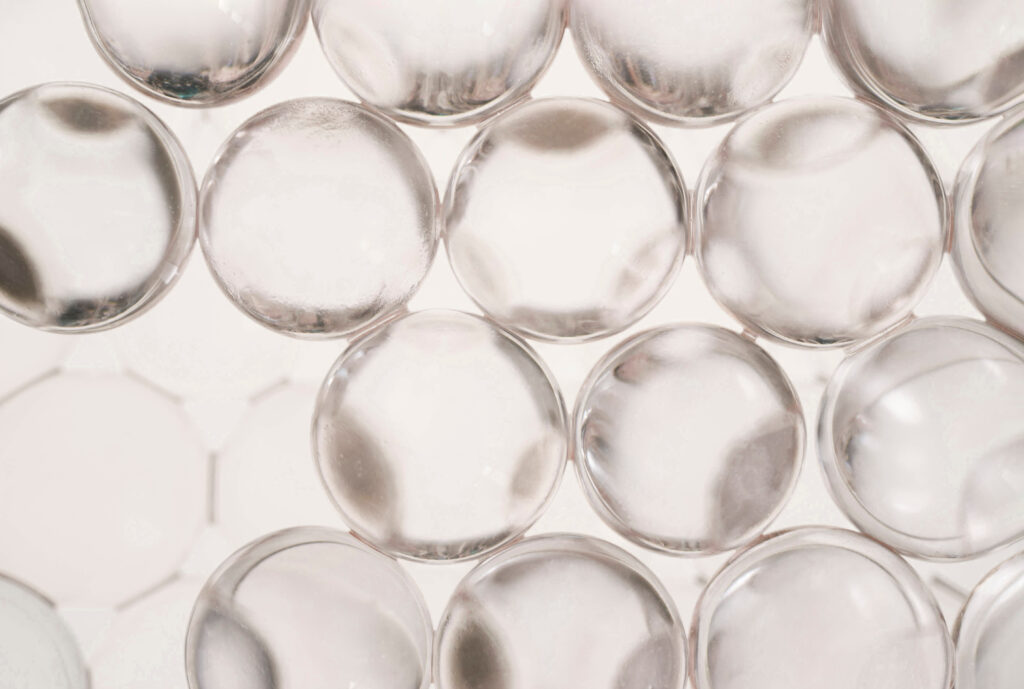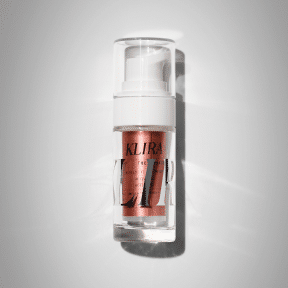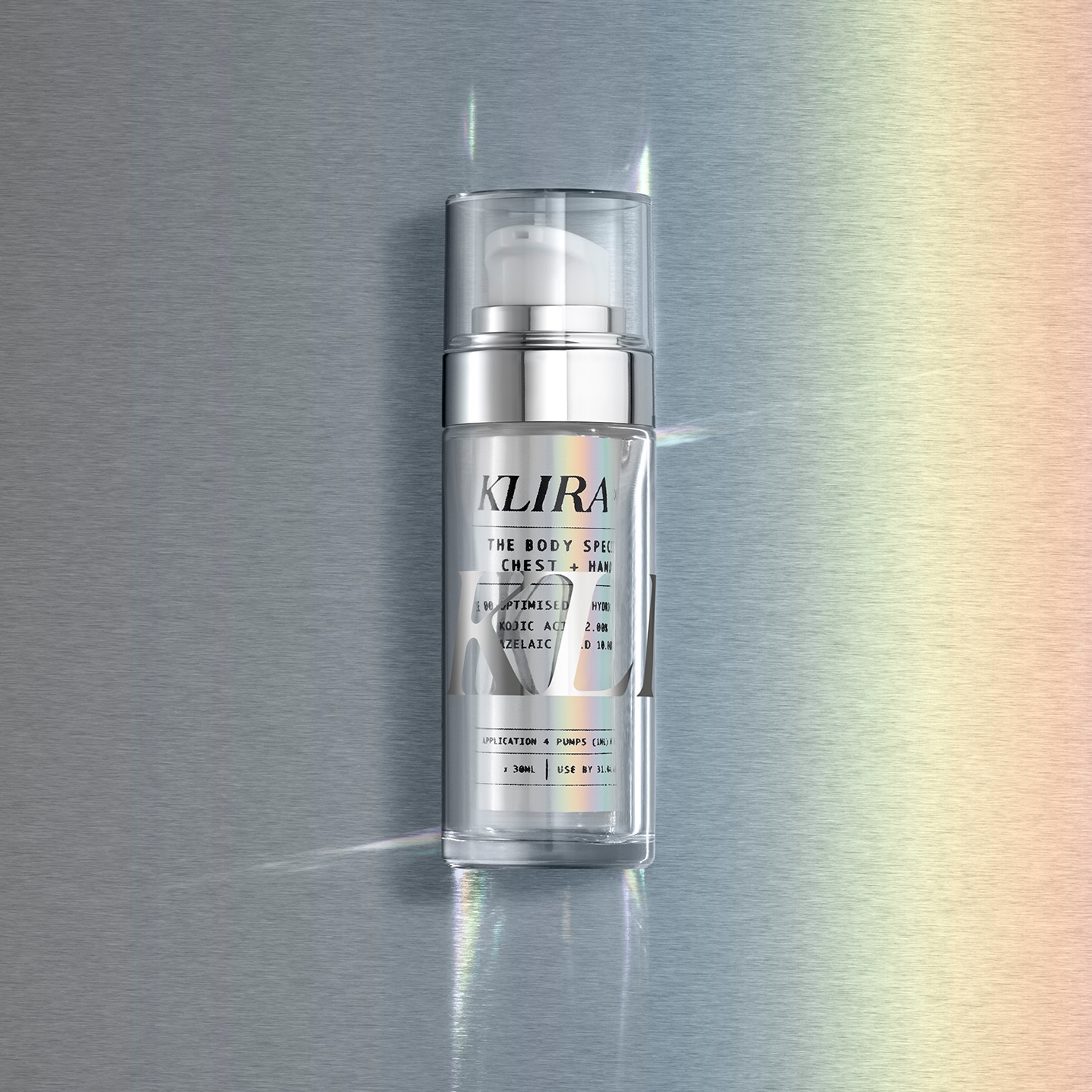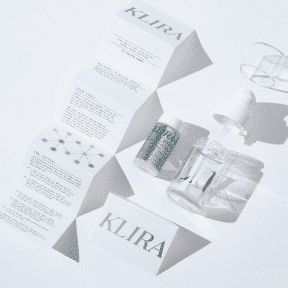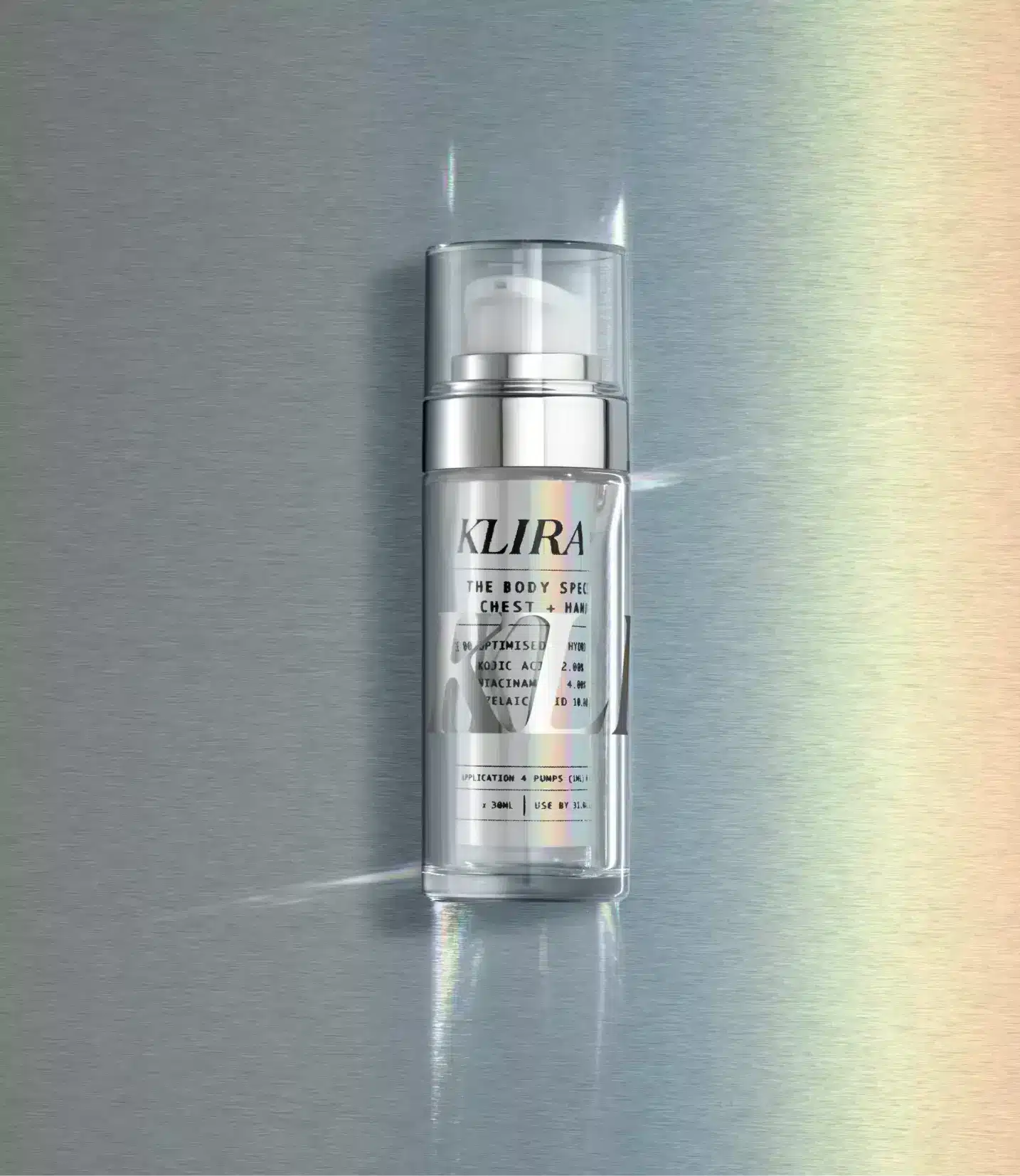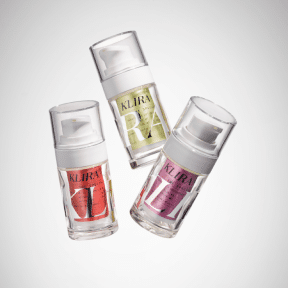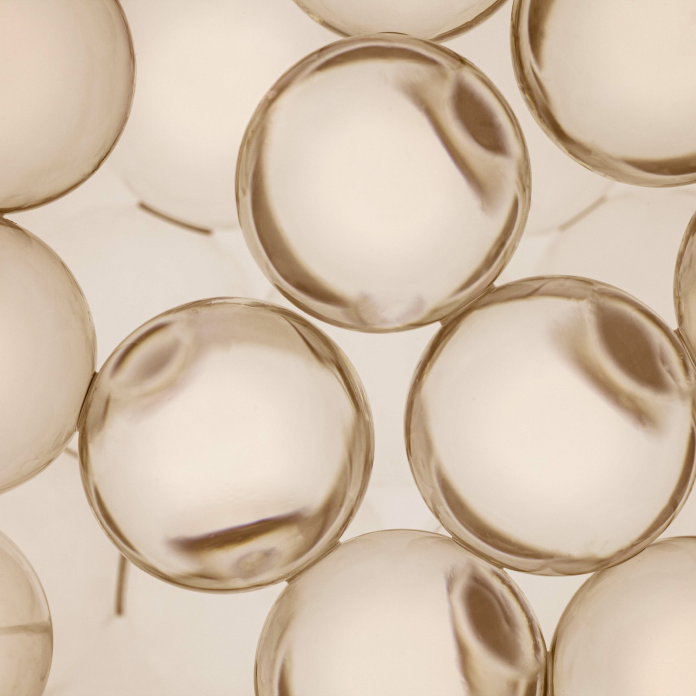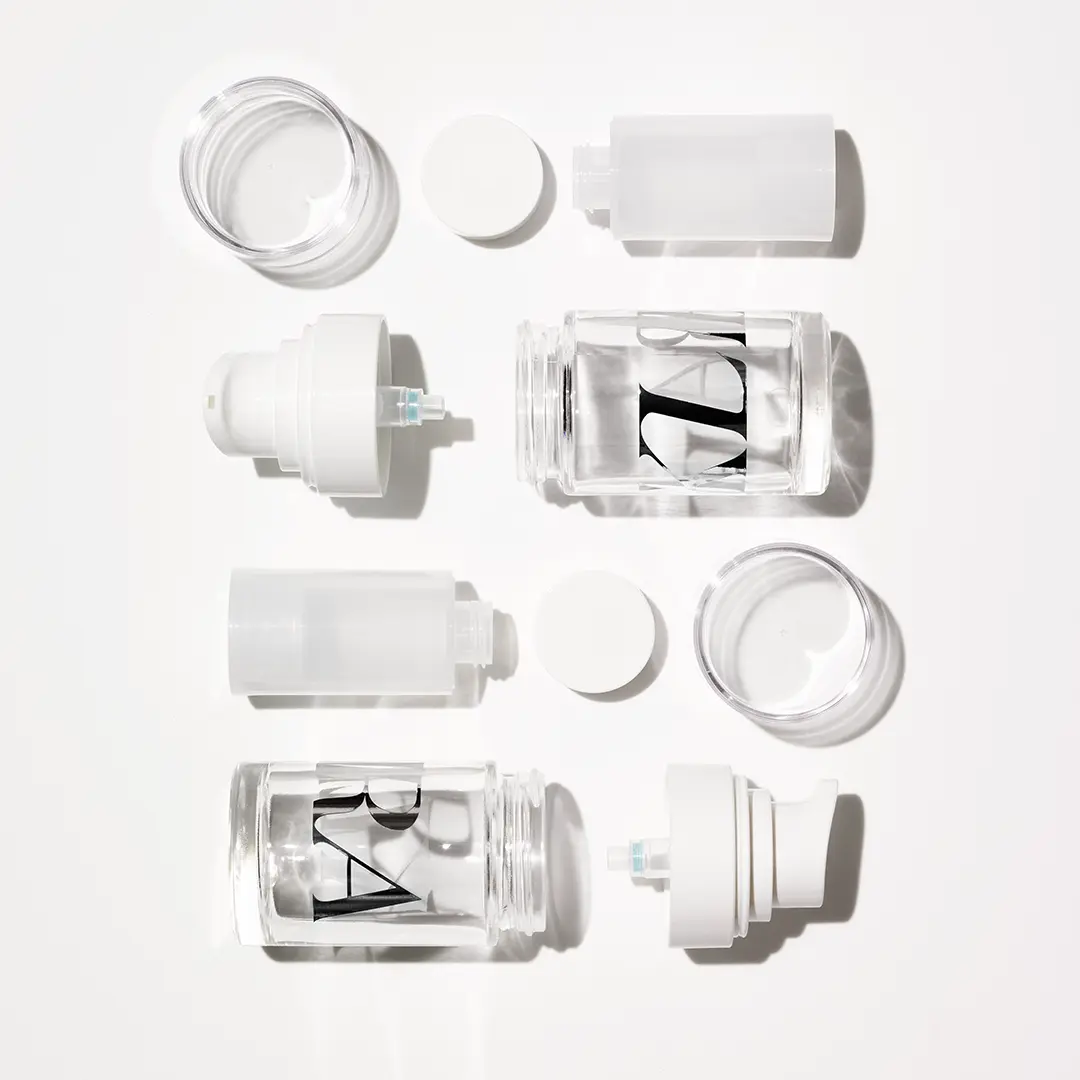The mass skincare industry has long relied on generic skin types—oily, dry, combination, and sensitive—but these categories are far too simplistic to address the true diversity of individual skin needs. For example, many people mistake dryness for sensitivity or fail to realise that oily skin can also be a sign of sensitivity. These broad categories simply don’t capture the full picture of what your skin truly requires.
Enter SkinSize™, developed by Dr Emma Craythorne, a revolutionary concept that redefines how we understand and care for our skin.
By learning your unique SkinSize™, you can select the right products tailored specifically to your skin’s needs. This personalised skincare approach not only helps you achieve optimal results but also minimises waste, making your skincare routine more sustainable. No more guessing games or trial and error – just one expertly curated product containing all the active ingredients your skin requires.
What Is a SkinSize™?
Your SkinSize™ is a unique profile of your skin’s characteristics, determined by key factors such as your skin’s barrier health, hydration levels, sensitivity, and oil production. Unlike traditional skin types, SkinSize™ goes deeper, offering a precise understanding of your skin’s functional needs.
This detailed analysis ensures you no longer need multiple products to target different concerns. Instead, your SkinSize™ enables you to use a single, expertly formulated product designed to work harmoniously with your skin.
How Do We Determine Your SkinSize™?
To find your SkinSize™, we use advanced dermatological insights and a highly specialised test. The SkinSize™ test involves assessing your skin’s biology and behaviour through a comprehensive questionnaire. This data allows us to map out your unique SkinSize™, which serves as the foundation for your bespoke skincare solution.
Unlike a standard skincare quiz, the SkinSize™ approach is science-led and designed to deliver unparalleled accuracy. It’s this precise understanding that makes all the difference in achieving healthy, balanced skin.
Take the SkinSize™ Test
Ready to transform your skincare routine? Taking the SkinSize™ test is simple and fast. By answering a series of targeted questions about your skin’s condition and behaviour, you’ll unlock your unique SkinSize™ profile.
With this information, you’ll gain access to a personalised product – The Klira Special – containing all the active ingredients your skin needs—nothing more, nothing less. This means fewer wasted products, reduced environmental impact, and a streamlined routine that saves you time and money.
Discover your SkinSize™ today and experience the future of skincare. Take the test now at Klira Skin.
Our Dermatology Team will review your SkinSize™ Analysis, medical information, and photos to decide which ingredients you will receive in your bespoke formula.
Emma Craythorne is a Consultant Dermatologist, Trustee for the Cosmetic Practice Standards Authority and ex-President of the British Cosmetic Dermatology Group. Dr Emma is well known for her TV series – The Bad Skin Clinic – her renowned private practice, and NHS work.
- Dr Emma Craythornehttps://klira.skin/author/sherman-gallie/
- Dr Emma Craythornehttps://klira.skin/author/sherman-gallie/
- Dr Emma Craythornehttps://klira.skin/author/sherman-gallie/
- Dr Emma Craythornehttps://klira.skin/author/sherman-gallie/




















